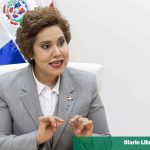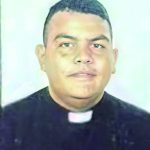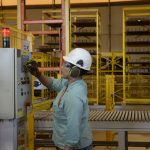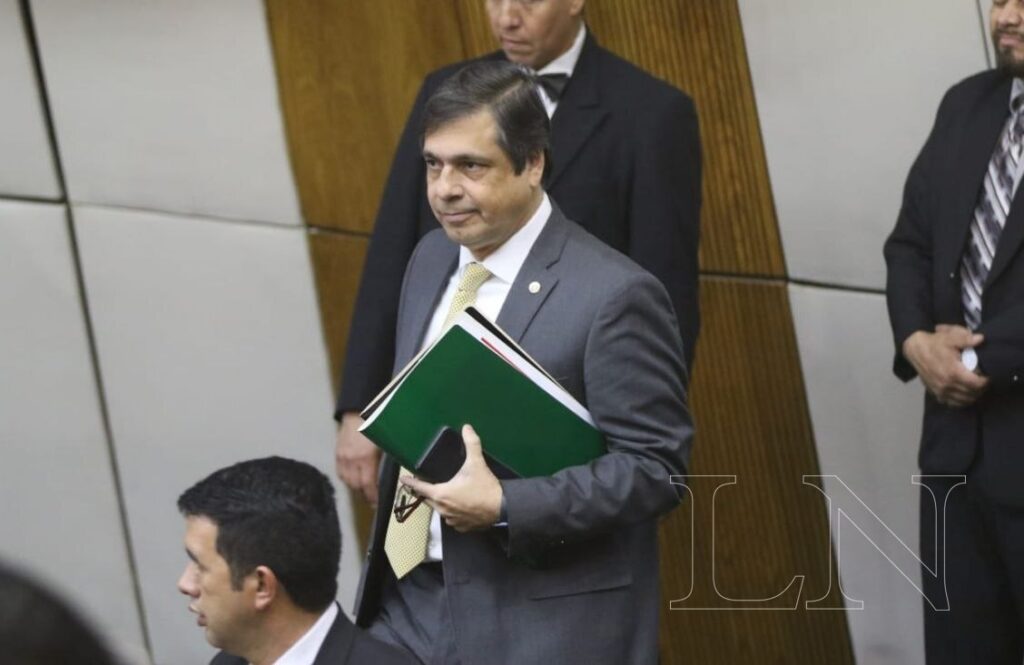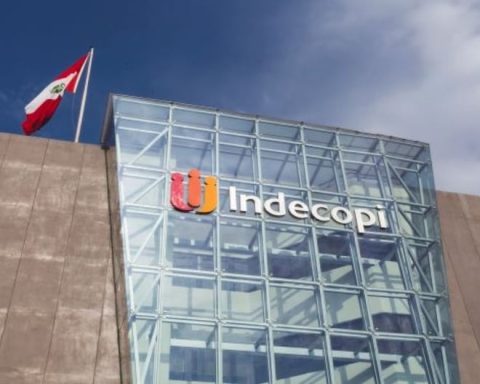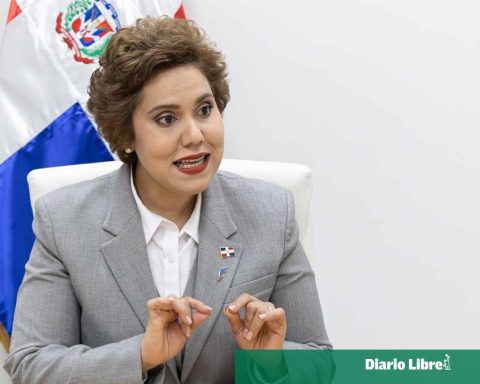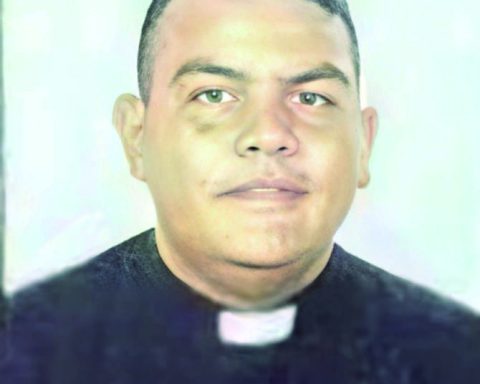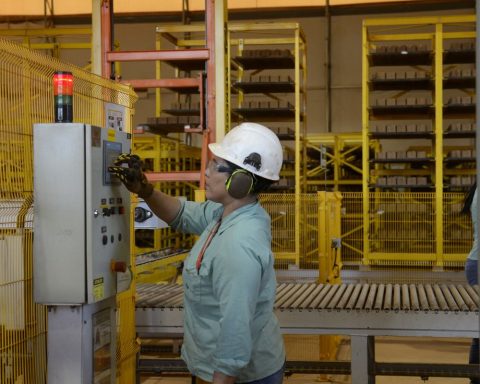The lack of knowledge of who the candidates for mayor are, with a phantom competition and an invisible electoral campaign, are part of the panorama on the eve of the municipal votes this November 6 in Nicaragua. It is a process lacking in credibility, whose only stated purposes are to “collect electoral reimbursements” and add “a bit of legitimacy” to the absolute power held by the Sandinista Front (FSLN) in at least 141 of the 153 municipalities it controls in the country, according to analysts and opponents agree.
In the aftermath of the “electoral farce” of 2021, the regime of Daniel Ortega and Rosario Murillo does not even keep up the appearances of a multi-party electoral process, after imprisoning political competition and civil and political leaders, and intensifying the de facto police state with the assault on municipal autonomy in the usurpation of half a dozen opposition mayors.
The loss of relevance of the electoral process was more visible since last May 5, when the National Assembly approved a reform to the Electoral Law, which —among other changes— imposed an express process and limited the municipal electoral campaign period to 20 days. A minimum term that “limits citizen control,” warned the Urnas Abiertas observatory, which independently controls this Sunday’s session.
Specialists in electoral and municipal issues warn that the voting this November 6 is more of a “process of assigning positions”, because there is no political competition and, on the eve, it is public knowledge that the FSLN candidates —of which 118 are candidates for re-election— are those who will be proclaimed elected by the Supreme Electoral Council (CSE), which is also controlled by the ruling party.
Election Refund Search
For the Urnas Abiertas observatory, the establishment of a minimum campaign period in the electoral calendar, in a context where electoral competition does not exist, “only serves to justify the millionaire reimbursement of more than 450 million córdobas that the parties will claim at the end of their participation in a process without conditions or democratic guarantees”.
In the electoral reform approved in May 2021, prior to the general votes, the requirement for political parties to achieve at least 4% of the votes to access electoral reimbursement was eliminated. Nor was it specified that the organization must prove against the invoice the expenses incurred. In such a way that the “zancudos” parties, as they are known in Nicaragua, are entitled to campaign reimbursement for the sole fact of appearing on the electoral ballot.
Throughout the campaign period “there was a notorious silence, the atmosphere in the municipalities does not point to the approach of a civic party as the elections should be, the streets lack notorious political advertising except for a few posters, rallies or caravans in the streets they are non-existent and the few political acts registered during the last two weekends were not massive, participation was limited to activities that did not exceed a few dozen people”, pointed out Urnas Abiertas.
When comparing the environment prior to November 6 with what happened in the 2017 elections, “a drastic decrease in the political participation of citizens in these elections can be observed, by then crowded mobilizations and political acts were carried out, for these elections, On the other hand, the collaborationist parties receive comments and sarcastic and offensive reactions in their social network posts,” the observatory stresses.
Stilt parties didn’t even bother to campaign
With a municipal electoral campaign period of 20 days, between October 12 and November 1, and a secure election reimbursement, the stilt parties didn’t even bother to promote their candidates on social networks. So minimal is their participation in this process that the list of names of their candidates is known because it was published in La Gaceta, Official Gazette, on September 22, in accordance with the provisions of the Electoral Law.
An example of this is that in Managua, the country’s capital and the main political square among the 153 municipalities, the only candidates who have taken advantage of the electoral campaign period are the FSLN ticket made up of Mayor Reyna Rueda Alvarado and Enrique Armas Rosales, who are seeking its re-election for a second and third consecutive term, respectively. Rueda obtained the position of mayor in the local elections of 2017 and Armas has been vice mayor since 2012, when she came in formula with the now former mayor Daysi Torres.
The ticket of the Liberal Constitutionalist Party (PLC) for Managua, made up of Ruth Cerda Acosta and Wiston Efraín Rivera, were barely seen in some posters published on the party’s Facebook page. However, most of the publications made by the PLC on social networks are standard, in which they invite people to vote in box 1 and do not show the photographs of their candidates, with some exceptions.
Like the PLC, the Independent Liberal Party (PLI) opted for a standard blurb on social networks, in which they only invited people to vote in box 13. But unlike the other parties, their ticket for mayor of Managua, made up of Marvin Martínez Hernández and Betsy Rivera Ortiz, has its own website on the that some government proposals can be read. Martínez is known for being a former Managua councilor and president of the former Conservative Party (PC).
In the case of the Nicaraguan Liberal Alliance (ALN), its registered formula for mayor of Managua is made up of Martin Solórzano Alvarenga and Gripdia Valdivia Membreño. Solorzano was also a member of the defunct PC and now belongs to a movement called the Republican Conservative Party (PCR) that participates in alliance with the ALN in several municipalities in the country. The formula was publicly presented at a press conference held on October 4 in Managua and his face appears in some posts on the PCR’s Facebook page.
Also the formula of the Alliance for the Republic (APRE) for Managua, Winston Betanco Blandón and Cristian Osorio Fuentes, appears in a poster published last October 12 on the party’s Facebook page, from that day until the closing of this edition. the post had been shared only once.
Loss of interest of the population in Nicaragua
The sociologist and specialist in municipal issues, Silvio Prado, values that the little relevance of the current electoral process “is the confirmation that the elections have lost any meaning in Nicaragua”, that “the political autonomy of the mayors’ offices has disappeared” and that the voters “have lost the power to elect their authorities”. A situation that ultimately will end up increasing the levels of abstention in the country.
The fact that “there is no electoral campaign with contenders indicates that all traces of competitiveness have disappeared,” Prado warned. The fact that no more competitors than those of the FSLN are known means that “the electoral market has only one client, the others have no meaning,” he pointed out.
Among the direct consequences of this lack of electoral competition is the loss of interest of the population. “People are no longer going to believe in the elections,” because “they no longer have in front of someone who governs according to the interests of the community, but someone who is lowered the line” from the government or the ruling party, he stressed. Meadow.
This feeling that voting is useless, warns the sociologist, will generate greater abstentionism at the local level. “If already the municipal elections are the ones that register the lowest participation rate, this is going to be much higher still. Because if your party or your candidate cannot campaign, it is clearly not worth queuing to vote,” he commented.
In the 2021 general election abstentionism reached 81.5% of voters, according to the electoral observatory Urnas Abiertas, however the Supreme Electoral Council, controlled by the ruling party, set it at 34.74%.
The sociologist also valued that, despite the fact that the FSLN has everything ready to take over the 153 mayorships of the country, as in “the electoral farce” of 2022, this November 6 will leave some municipalities of little weight to the stilt parties ” to save the appearance” of minimal competition. “It doesn’t suit (the FSLN) that it be read at the public level that he won all the mayor’s offices, because he knows that it is demographically and arithmetically impossible”.
National Unity calls not to vote in #Municipales2022
The new staging of the “electoral farce”, as described by the Blue and White National Unity of Nicaragua (UNAB), occurs at a time when the opposition political movements are disjointed due to the de facto state of siege imposed by Ortega. For this reason, the UNAB called Nicaraguans from exile not to participate in the municipal elections on November 6.
“We call on all Nicaraguans to stay at home, reject this electoral farce, do not go out to vote, and simultaneously demand the release of all political prisoners, the return of exiled people and the opening to a transition democracy in our country,” said the member of the Political Council of National Unity, Juan Diego Barberena, from exile.
The UNAB also emphasized that the current voting “will be carried out without any type of political competition, with more than 230 political prisoners, with the public and individual liberties of Nicaraguans violated…, without any type of possibility that Nicaraguan citizens can freely elect their municipal authorities.








